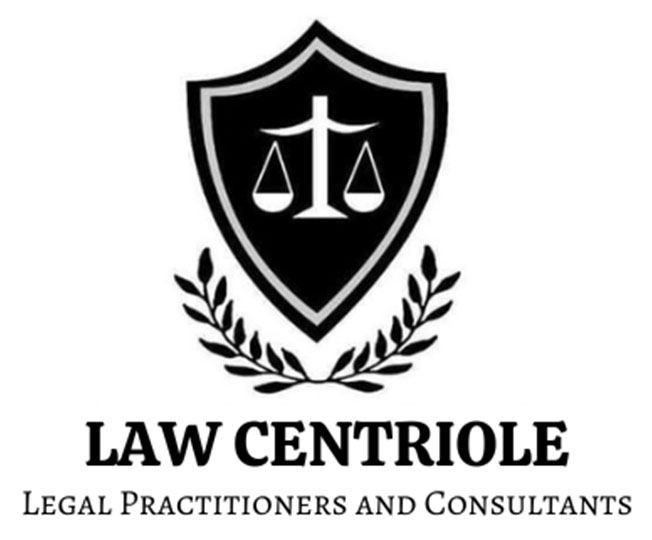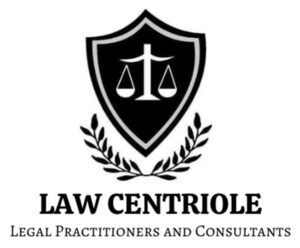Murder cases are among the most challenging for law enforcement agents. This is because the victim is not available to tell what happened to them. In the absence of an eyewitness, uncovering the culprit can be daunting for investigators. Also, because human life is involved, the investigator must meticulously carry out his duties. Hasty conclusions and unfounded assumptions can lead to grave injustices, affecting the lives of innocent individuals. The recent case of Aisha Suleiman in Nigeria starkly illustrates this reality: a young lady who was wrongfully accused of poisoning her boyfriend and his friends after they tragically died shortly after consuming a meal she prepared. The public outrage was palpable, yet subsequent forensic evidence revealed that their deaths were caused by carbon monoxide poisoning from generator fumes.This unfortunate incident underscores the necessity of adhering to proper investigative protocols in suspected murder cases.
This article outlines essential steps that can help ensure justice is done in such cases.

-
Securing the Murder Scene: Preserving Evidence and Preventing Contamination
The initial action in any murder investigation must focus on securing the crime scene to protect evidence from tampering. This is crucial to ensure that items that might constitute evidence in court, especially the murder weapon are not interfered with carelessly.
Best Practices:
– Limit access exclusively to authorized personnel to safeguard the scene.
– Thoroughly document the scene with photographs and detailed accounts.
– Preserve critical physical evidence, such as food samples and fingerprints.
The Nigeria Police Act, 2020, empowers officers to manage crime scenes effectively. The Supreme Court’s ruling in Agbo v. State (2006) highlights the necessity of meticulous crime scene management to prevent evidence contamination.
In the Aisha Suleiman case, proper crime scene management could have enabled investigators to observe the toxicity of the atmosphere where the young men’s bodies were discovered, resulting from carbon monoxide emissions, diverting their focus away from the unfounded food poisoning theory.
-
Conducting a Proper Medical Examination: Letting Science Guide the Investigation
Understanding the cause of death is essential to any investigation. Relying on assumptions can lead to serious miscarriages of justice. It is crucial, thus, to prioritize autopsies, alongside toxicology and forensic tests.
The Coroners Law of Lagos State, 2007, dictates that autopsies be conducted in cases of suspicious deaths, while the Evidence Act, 2011, allows for expert testimonies. The Supreme Court in Emeka v. State (2019) firmly established that forensic evidence is crucial in determining the cause of death.
Interviewing witnesses and suspects is a vital component of investigations. This can be a daunting task in Nigeria owing to the propensity of some law enforcement officers to resort to threats of arrest and other forms of coercion to extract information. With the element of voluntariness eroded, eyewitnesses might refrain from providing credible evidence with could assist the investigative process.
Best Practices:
– It is important that suspects are informed of their rights clearly.
– It is also crucial that recorded statements are made under caution and are voluntarily given.
– Lastly, coercive tactics that may lead to false confessions should be avoided.
Section 35(2) of the 1999 Constitution protects against forced confessions. In Nwaturuocha v. State (2011), the court ruled that confessions obtained under duress are inadmissible in court.
-
Considering All Possible Causes: Avoiding Premature Conclusions
A significant initial misstep in the recent suspected murder case was the neglect of alternative causes of death. Investigators must explore all possibilities rather than jumping to conclusions based on circumstantial evidence.
Best Practices:
– Investigators must thoroughly examine the environment where the crime allegedly occurred to uncover causative factors and any potential toxic exposures.
– The deceased’s medical history must be examined comprehensively.
– Eye witness statements must be cross-checked against existing physical evidence.
The Supreme Court in Osetola v. State (2012) held that circumstantial evidence must be both compelling and consistent to support a conviction.
-
Seeking Legal Advice Before Prosecution
Before pressing charges, law enforcement must consult the Director of Public Prosecutions (DPP) or other responsible legal officers for a review of their case file to ensure that only those cases with sufficient evidence proceed.
Section 174 of the 1999 Constitution and the ACJA, 2015, require case reviews prior to prosecution. This is essential to prevent wrongful convictions and allegations of malicious prosecutions, and to save public resources. The court’s ruling in State v. Salawu (2011) underlines that improper investigations can result in wrongful convictions.
Conclusion:
The Aisha Suleiman case is a poignant reminder of the need to avoid incomplete and hasty investigations. The case underscores the fact that following due process is vital to protect innocent individuals from public judgment and emotional turmoil. To mitigate such injustices, law enforcement must:
- Secure crime scenes to preserve evidence.
- Conduct comprehensive forensic tests to ascertain the actual cause of death.
- Interview witnesses and suspects with integrity, following due legal procedures.
- Explore all potential causes thoroughly before making conclusions.
- Seek legal scrutiny before prosecution to thwart wrongful accusations.
Finally, true justice is unattainable when innocent individuals are wrongfully accused. Adhering to these investigative protocols will not only strengthen Nigeria’s criminal justice system but also ensure accountability rests with the genuinely guilty.
Disclaimer: This article is for informational purposes only and does not constitute legal advice. If you need legal advice on a specific homicide case or other concerns, please contact a qualified attorney for personalized assistance.
Subscribe! follow!! share!!!
Has this article been of help? Why not consider subscribing to our mailing list us for more.
Do not forget to share, Follow our pages on Facebook and Instagram and also subscribe to our WhatsApp

